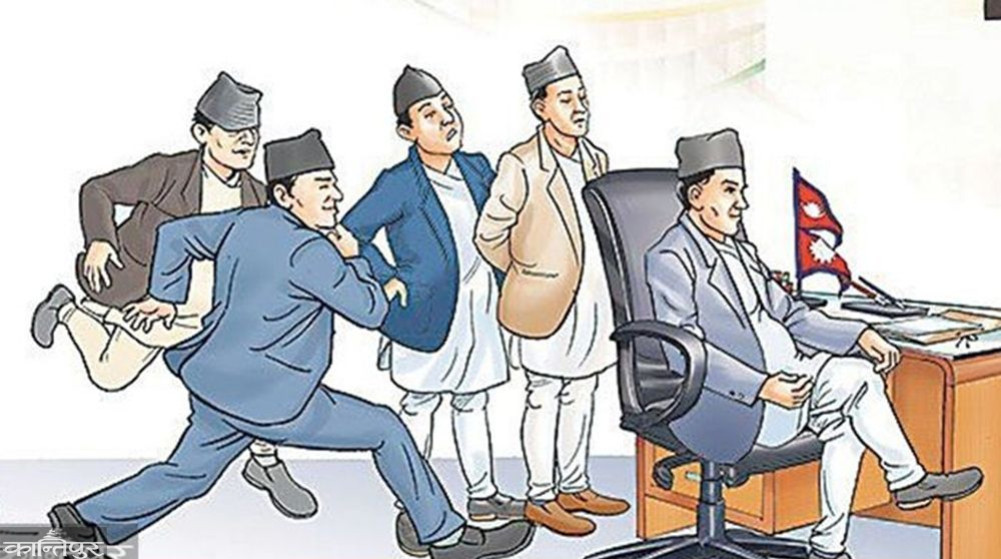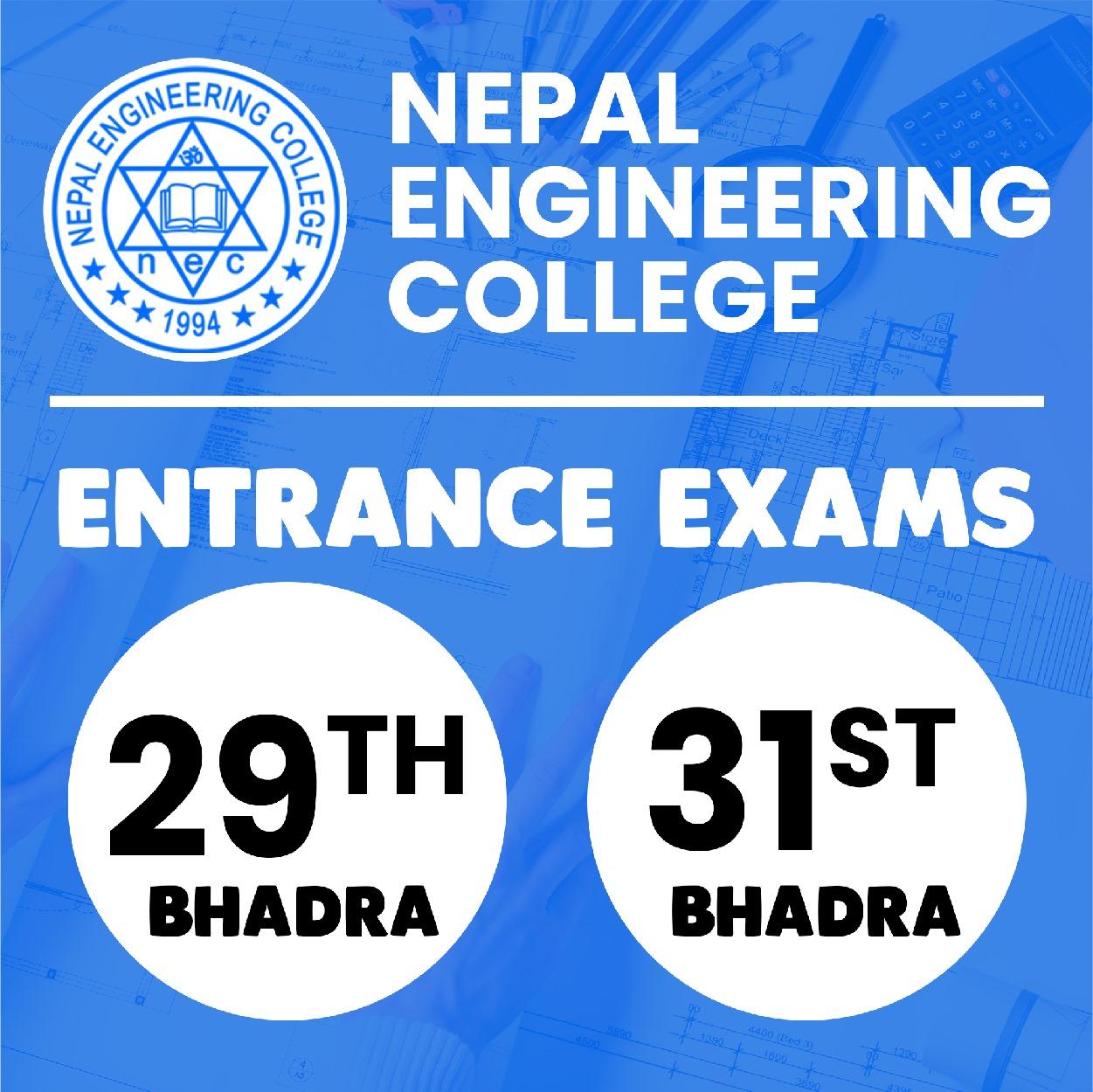"Age Anhar Gali Ba"
We use Google Cloud Translation Services. Google requires we provide the following disclaimer relating to use of this service:
This service may contain translations powered by Google. Google disclaims all warranties related to the translations, expressed or implied, including any warranties of accuracy, reliability, and any implied warranties of merchantability, fitness for a particular purpose, and noninfringement.


Before expanding the discussion on contemporary issues, it may be relevant to advance the context of Indian Hindi cinema. There was a trend of its own to keep the story centered on Mahatma Gandhi. Often in Hindi films, Gandhi is hung in a frame on the wall of a police station or court, sometimes in a teacher's or activist's room. On some occasions, leaders are heard garlanding Gandhi's statue or a special character giving a dramatic lecture on non-violent action.



Last year, a film with a different mindset came out - 'Gandhi Godse - Ek Yudh'. In it, Gandhi not only forgives Godse but also cooperates with him when he avoids being shot by Nathuram Godse. The background of an organized attempt to distort Gandhi's ideas in India is well known. About twenty years ago, a wonderful film like 'Lage Raho Munnabhai' was made, which promoted the method of peaceful resistance called 'Gandhigiri' leaving deep discussion in the society of that time.
Cowardice and violence which to choose?
Now I am discussing the origin of the film 'Mera Gaon Mera Desh' which was made half a century ago. Basically, 'Gandhi' and 'Ahimsa' are two sides of the same coin. But 'Mera Gaon, Mera Desh' opens with one of Gandhi's most neglected dialogues – 'If I have to choose between violence and cowardice, I will accept violence.' It also teaches how to be risk-free with challenging situations. In a non-scientific manner, it has also attacked the immoral tendency of relying on government or administration in social life.
The solution to the bigotry that is currently spreading in the society cannot be found only through the government system. For the greater good of the society, there should be unity within the society, conscience and rationality should be expressed. In this film, through the villagers who have become innocent from the terror of bandits, it has inspired self-communication for fearlessness to fight back, resist and resist. Fear has gripped society. Even if they are not satisfied with what is being done under the cover of religion, no one wants to speak for fear of many objections. Religious belief or spiritual practice is a private practice. Any religious activity without rituals of humaneness and morality is an empty ritual. Why are those who should speak afraid?
The agricultural implement factory at Birgunj was closed for years. For its smooth running, activist Mahaveer is collecting money by selling books. On the other hand, the life of the metropolis comes to a standstill due to the tension between the two communities in the name of preserving the religion in the same historical revolutionary land Birganj. A local victim of this situation used to say, 'Age anhar gali ba' (Ahead is a dark alley). Why tension, clash or conflict manifests in different places of Terai? Who wants to light a fire? What is the face and character of those who add ghee to the fire? What is happening, is it a coincidence or a conspiracy? Why is the strategy being made to make such unnatural events happen again and again in Birganj?
Gandhi showed the way to face any violence without fear. Bigotry itself is a form of violence. Can social and political relations guided by violence be sustained? For us, this is a matter of seeking public opinion. There are frequent discussions and interactions on the problems and questions that arise in the society, but there is very little thinking on a logical basis. Different groups and individuals can interpret and analyze the same problem, question or topic in different ways, and have been doing so. What is the ground and basis of such understanding? In a non-violent and tolerant way, they are trying to transform their villages, cities, provinces or the entire country economically, politically, socially and culturally. If there is no argument and factual discussion about it from different sections of the society, the idea of 'bigotry' will continue to grow. Bigotry immediately sows the seeds of agitation, hatred, resentment, and aggression.
requires interpersonal dialogue
Nepal is the common heritage of all of us. To put it more practically, wherever one lives, it is the responsibility of the citizen to create a fear-free environment in that particular place. The place belongs to all genders, all castes, all religions, all language speakers and all political ideologies. Therefore, we all have the natural right to participate equally and fully in the process of how to make it. Society is also like an empty field, if there is no sowing of good seeds, watering of manure and fertilizer, many species will grow and the illusion will spread that this is the main crop.
In the name of religion, irreligious gossip and threats of violence cannot be silenced. The coming problems and crises must be addressed. Whatever is happening in the neighbourhood, the party that should be alert and active in time is doomed to be absorbed into the right-wing fire pit when it is divided and classified among itself. The sukta of the Atharva Veda shows the diversity within the various human societies existing on the earth: 'Janam vibhrati bidhama, vivachsam nana dharmanam prithvi yathaukasam.' The meaning is that this earth has held multi-lingual and multi-religious people. Those who have prejudiced thinking that a particular language is the only language and a particular religion is the only religion do not understand human feelings and devotion. Plurality is accepted as a basic principle in the Vedas, and the recognition of companionship and equality is also expressed - 'Sangchchadhvam samvaddhvam sam wo manansi kantanam.' Samanamastu wo mano yatha vah susahasati.' That is, everyone should have the same intention, walk together with everyone, understand each other's mind as well. May the heart be the same, the mind be the same, may all be happy.
Our ancient literature became a means of codifying our social life. 'Mundemunde Matirbhinna' i.e. the agreement and disagreement of each individual is granted universality. Why is such a wonderful co-ordinating democracy not being translated into the current social structure? Javed Akhtar has a lyrical line – 'Ye Kahan Aa Gaye Hum, Yunhi Saath Saath Chalte.'
In the name of religion, when we hold a feeling of contempt or superiority towards each other, the society is pushed towards uncertainty and the solutions become more complicated. As a whole, there is no hope for the future unless there is political determination to reduce the growing amount of bigotry. 'Abhyutthanamdharmasya' - which is demanded by Yugadharma, whenever there is development of adharma and devaluation of religion, then Navasankathan, Navasankalpa should be born in one's own understanding, determination and action. The biggest threat to Nepali society and culture is with that internal thinking, which is contrary to the beliefs of the majority society according to tradition. No intolerant act will take long to destroy the accepted reciprocity of social life. Where fanaticism exists, there is an attempt to redefine society on the basis of revivalism and stabilize social fragmentation. In the name of religion, those who do not understand religion spread hysteria and hatred to protect and promote it. What is the fundamental difference between majority thinking and rational thinking?
Social life has now reached such a difficult moment that the individual does not find himself transformed into a frenzied crowd. It is testing our collective wisdom, our collective confidence. As we dwell on one problem, another new problem arises. Where there is religious conflict, there is a link between Hindu and Muslim, this is a matter of concern. Any religion teaches rejection of any form of violence. By understanding the history and cultural complexities of their country, they intend to find formulas of harmony. Islam literally means peace. In this religion more emphasis is placed on social equality, kindness, generosity and world brotherhood.
In recent days, incidents of tension have been seen in various places in Madhes. A large part of the Nepali society has saved from riots by showing common sense at this time. But the arsonists don't seem to be giving up. How can we live collectively according to our tradition of religious freedom provided by the constitution? There is a need to consider how to resist the bigotry that is spreading from some angle. The answers to these questions are not easy.
Nepal is a diverse society. Here there are differences in many traditions and customs even among those who follow the same religion. But those who create mistrust and fear in our relationship should not be happy. Anyone who breaks the law should be punished. Everyone should be able to trust that the law will do its work by itself. Establishing community harmony by Mahant-Pujari or Maulana-Maulvi has seen its limits and possibilities. They stay within the boundaries of their workplace. The situation could be brought under control immediately by imposing a curfew through the local police administration. The core aspect is citizen vigilance, the demonstration of collective conscience by citizens themselves.
'Sarvadharma Samabhav' teaches equal respect for all religions. There should be neither insecurity in the majority nor prevalence of fear in the minority. When religion is not discussed, it is taken over by the group, who do not understand the origin of religion. Religion should always be beneficial to the individual or the society.
 प्रकाशित : फाल्गुन १०, २०८० ०८:३७
प्रकाशित : फाल्गुन १०, २०८० ०८:३७

 २१.१२°C काठमाडौं
२१.१२°C काठमाडौं
















